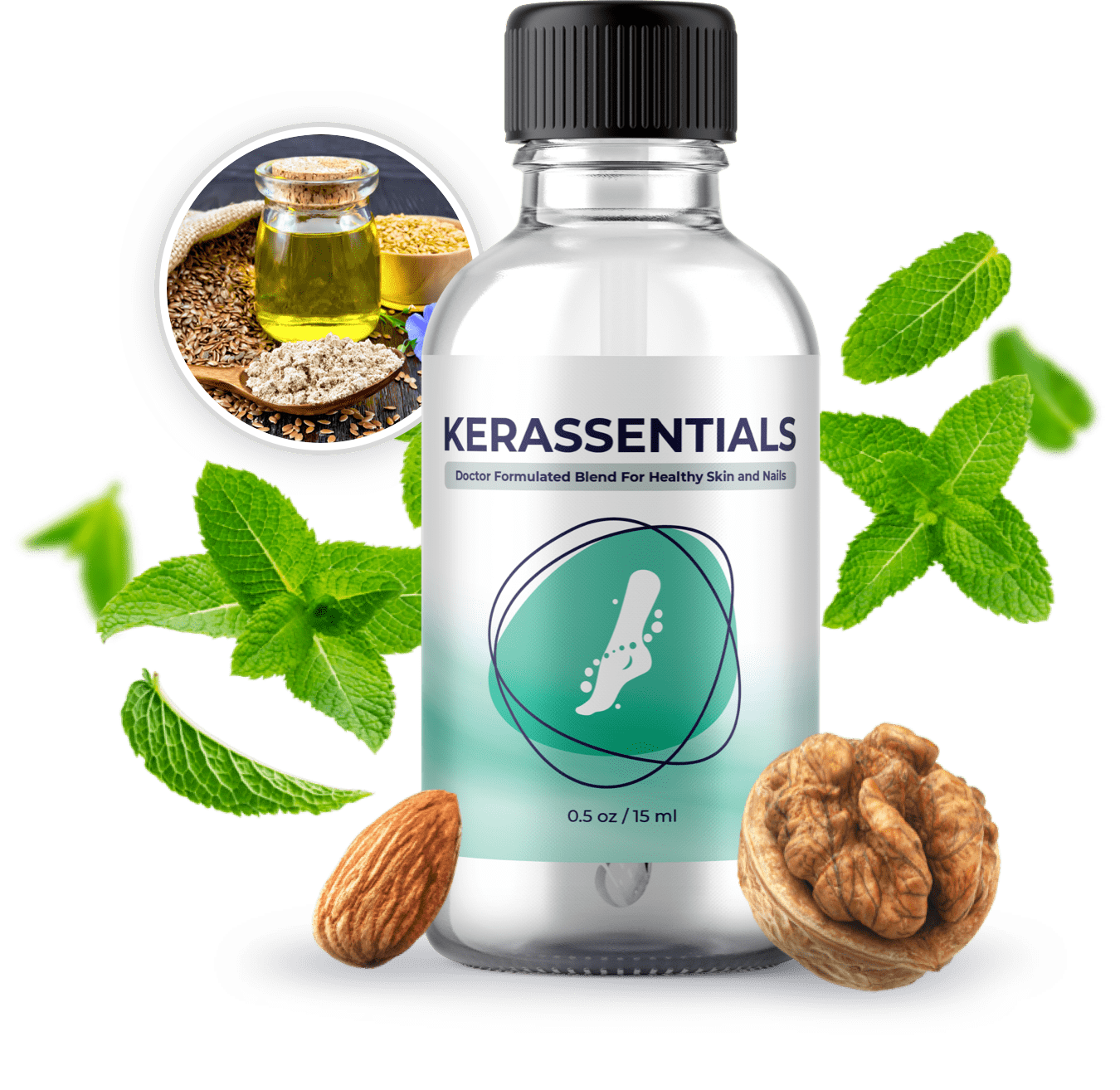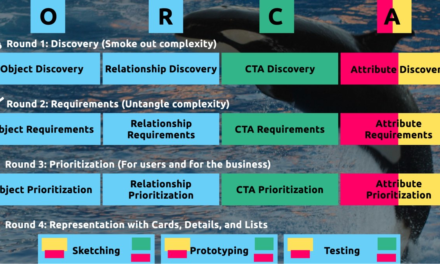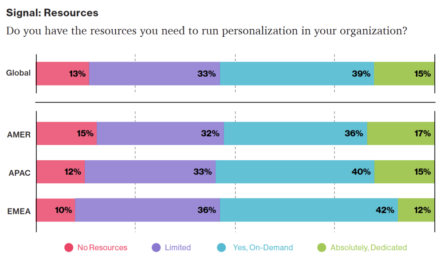Plus, a makeup artist weighs in.
For the majority of our existence on Earth, humans have sought to live forever—looking for immortality through art, achievements, or quests for life-giving objects like golden apples or the Holy Grail. While a real-life fountain of youth that instantly reverses the aging process doesn’t exist (at least not yet), longevity expert Maddy Dychtwald argues that the secret to adding years to your life doesn’t lie in any mythical spells. On the contrary, she says one way to boost longevity is by making a few simple adjustments to what you’re regularly eating.
As a “futurist” and the co-founder of Age Wave, a consulting company focused on aging adults, Dychtwald has made it her life’s mission to understand how people can live longer, healthier lives. In her new book, AGELESS AGING: A Woman’s Guide to Increasing Healthspan, Brainspan, and Lifespan, she shares the culmination of over 40 years’ worth of learning and research on longevity and healthy aging. The book is geared towards women in particular because she says we’re in the midst of a “longevity revolution” led by women. (After all, studies show U.S. women live an average of six years longer than men.)
Ahead, the 74-year-old longevity expert offers a preview of what’s to come in her new book, including easy ways to help women boost longevity by harnessing the power of nutrition and food to support physical and mental well-being for the long haul.
4 best foods for boosting longevity for women
1. A wide variety of colorful fruits and vegetables
At the top of Dychtwald’s list of longevity-boosting foods for women are colorful fruits and veggies. “From all the research I’ve done, and the scientists, physicians, and academics I’ve spoken to, there was general agreement on just one thing when it comes to what to eat: eat the rainbow. That means plenty of colorful fruits and vegetables,” Dychtwald says. (Although, keep in mind that neutral-colored foods can be just as nutritious and delicious, and should not be overlooked either.)
The key? Polyphenols. “Polyphenols are the phytonutrients in plants that give them their rich color, and there are close to 8,000 different polyphenols that have been identified that are packed with antioxidants, vitamins, minerals, and fiber,” Dychtwald says. She notes that these phytonutrients can help reduce inflammation and protect against environmental stressors such as air pollution—which has been linked to increased rates of dementia—and sun damage, which is associated with skin cancer and aging skin symptoms. She says that polyphenols can even positively influence your epigenetics, aka the way your genes work—“helping keep the good genes turned on and the bad ones turned off,” she says.
Dychtwald tries to add a source of polyphenols into every meal. “I add veggies, in particular, to everything from smoothies to soups, from salads to eggs. Just yesterday I had an ‘egg salad’—not the kind with mayo—for breakfast which was basically a scramble with all the leftover veggies—organic only—that were in my refrigerator, including kale, squash, spinach, onions, purple cabbage and onions,” she says.
2. Fermented foods
Dychtwald recommends eating fermented foods like kimchi, sauerkraut, and yogurt for a longer, healthier life. “They can help support a healthy balance of gut bacteria and may increase the bioavailability of certain nutrients and can even have an anti-inflammatory effect,” Dychtwald says. “They work wonders for your digestion, and who doesn’t want great digestion and gut health,” she says. It’s also worth noting that research consistently shows older adults with a greater variety of gut microbes tend to live longer, regardless of their gender.
3. Bone broth
Dychtwald argues that organic bone broth is a goldmine for providing a wide variety of vitamins, minerals, and amino acids that “nourish your tissues and provide essential nutrients for healthy body functioning.” Bone both’s anti-inflammatory properties have also been shown to reduce symptoms of ulcerative colitis, making it great for people with gut health issues.
4. Protein
Adults naturally lose muscle mass as they age, so there’s a greater need to up one’s protein intake. “Since I’m 74 and a woman, I eat a lot of lean protein and suggest other women do the same,” Dychtwald says. “While I don’t eat red meat, I do eat organic chicken and eggs, lots of fish and plant protein. Protein helps keep bones strong and minimize bone loss that comes with age, maintains muscle mass, can boost the immune system, can help regulate your mood, and make you feel full longer,” she says.
The inflammatory foods that can hinder longevity
Although everything in moderation is a good starting point, Dychtwald says if longevity is the goal, you may want to limit the intake of most pro-inflammatory foods. “Sugar is at the top of the list, and it’s pretty much in everything we eat, even fruits and veggies,” she says. However, she says it’s added, refined sugar that should be approached with caution. “If you read the labels on foods in your pantry, you will see sneaky names for sugar on the ingredient list such as brown rice syrup, dextrose, and turbinado. So read carefully before purchasing,” Dychtwald says.
Dychtwald also suggests keeping an eye out for ultra-processed foods such as cookies, crackers, chips, and packaged snacks and sugary sodas. She also suggests consuming certain vegetable oils—such as corn oil, soybean oil, canola oil, sunflower oil, and safflower oil—in moderation, as they may be linked to inflammation that can contribute to aging. Instead, she recommends opting for extra-virgin olive oil, avocado oil, and nut oils, which all have anti-inflammatory properties.
Dychtwald also tends to skip the happy hour drinks as much as possible. “Alcohol has gotten a lot of attention recently as a no-no. While a glass of red wine can be a welcome reliever of stress and a source of antioxidants, [alcohol is] a neurotoxin that kills brain cells,” she says, and over time, even modest alcohol consumption has been linked to cognitive decline. If you aren’t eliminated it altogether, Dychtwald recommends keeping the drinking to a minimum and sticking to no more than one five-ounce glass of wine per day.
Other key lifestyle tips for boosting longevity
Along with a healthy diet, Dychtwald focuses on moving her body every day to help boost longevity. “Since exercise is a silver bullet for living better longer, I try to do some [type of] movement every single day such as cardio and pilates or strength training. And, if I can, I try to exercise with a friend to feed my need for social connection,” Dychtwald says.
In addition to these techniques, Dychtwald says a healthy sleep schedule, practicing meditation and mindfulness, and breathing techniques are all part of a healthy longevity-boosting routine. But above all, she argues a positive mindset on aging is just as important—if not more—than everything else. “I work hard to keep my attitude about my own aging positive, another proven way to add healthy years to your life,” Dychtwald says.
An RD’s guide to eating for inflammation:
Recommended Story For You :
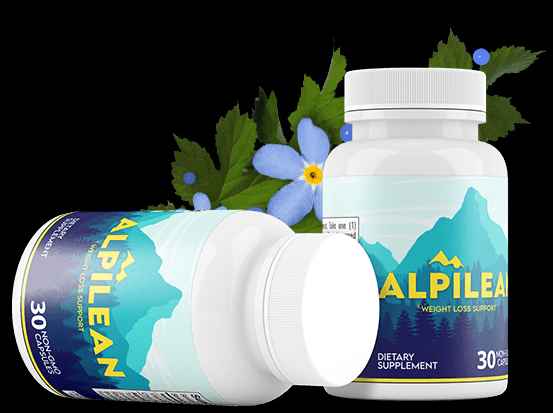
The alpine secret for healthy weight loss

The Most Potent Fast-Acting Formula For Incinerating Stubborn Fat

Real Cortexi Users Real Life‑Changing Results
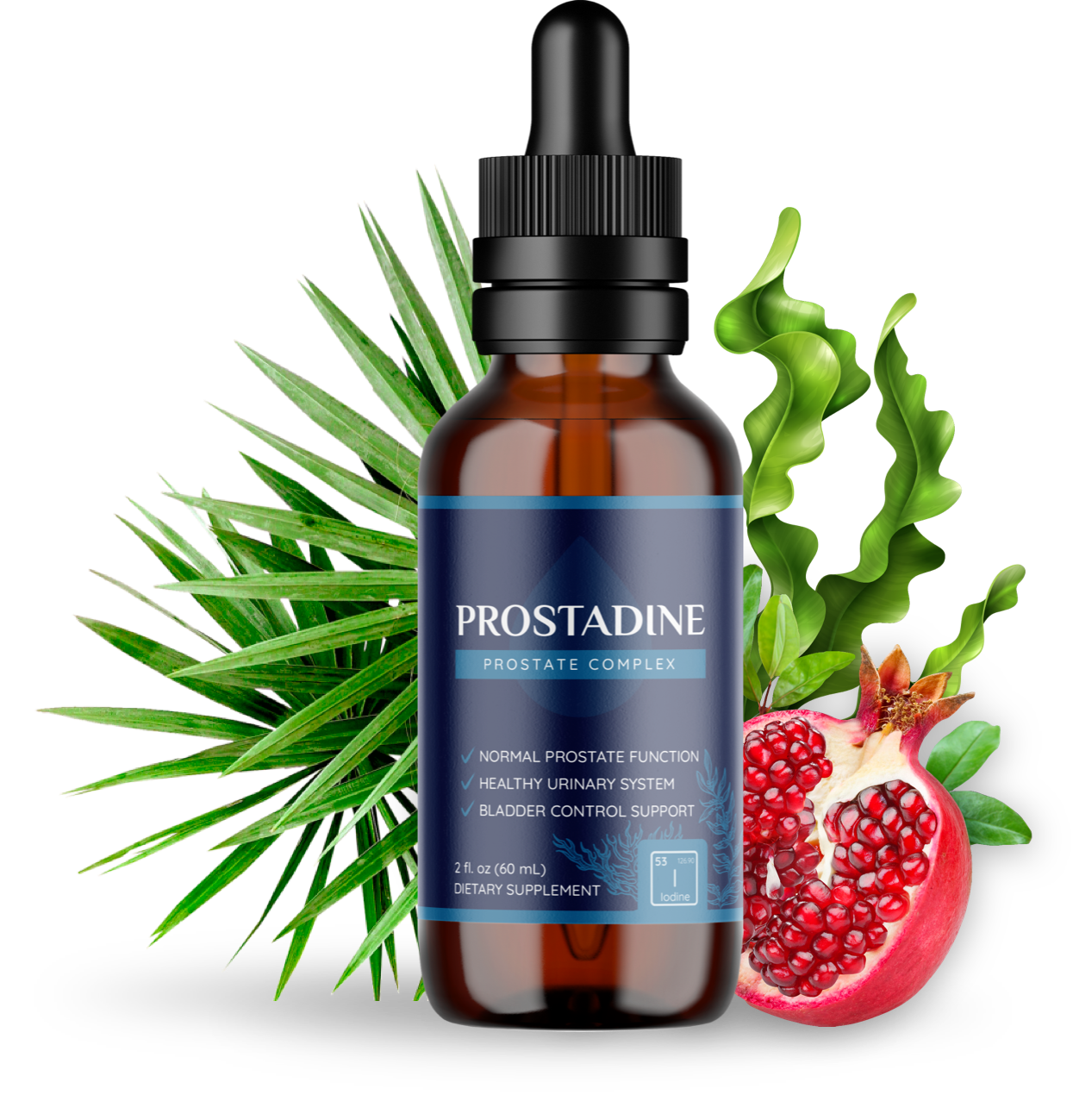
This Cold Drink Might Trigger Your Prostate
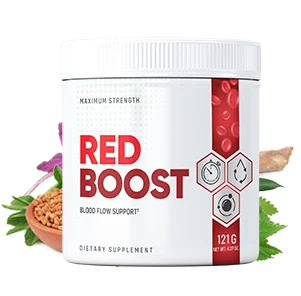
Red Boost is a powerful new formula for boosting male sexual health.
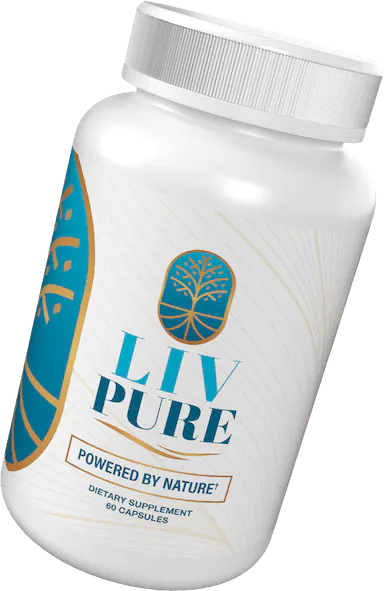
Everything you eat or drink eventually reaches your liver for processing.

Brand New Probiotics Specially Designed For The Health Of Your Teeth And Gums

Empowering You to Take Control of Your Blood Sugar Health!

Scientists Finally Discover the Root Cause of Belly Fat and Unexplained Weight Gain
